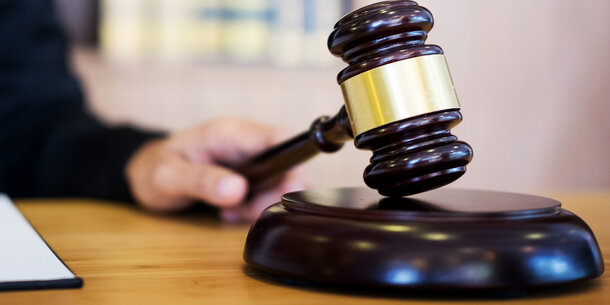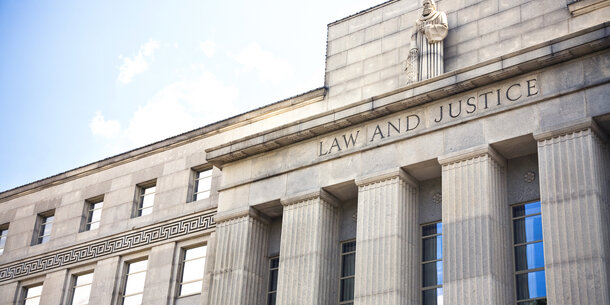Ousted Wisconsin State Supreme Court Justice Lifts Recusal from Voter Purge Case After Losing Election
Justice Daniel Kelly, who lost his seat on the Wisconsin Supreme Court on April 7 to Jill Karofsky, has indicated that he will participate in a pending case on over the state’s voter rolls before vacating his seat in August.
Kelly initially recused himself from the case but signaled the possibility he might reverse that decision because the case would not be decided until after his election. In February, a Wisconsin appeals court struck down a prior ruling that would have removed more than 200,000 voters from the state’s voting rolls. Kelly’s involvement in the case could swing the result in favor of the conservative majority to purge voters.
Justice-elect Karofsky wrote an op-ed, criticizing the Wisconsin Supreme Court’s decision to hold the election and the U.S. Supreme Court’s requirement that absentee ballots postmarked after election day would not be counted as “being along partisan lines, with allies of Republicans refusing to delay the election.” Karofsky said that as a justice, she “will make decisions based on the law” and that “we must get away from a partisan view of the law.”
New Fix the Court Report on State Supreme Courts’ Transition to Remote Oral Arguments
On April 17, Fix the Court released a new report looking at the transition of state supreme courts to remote oral arguments in response to the Covid-19 pandemic.
According to the report, 22 state high courts have heard remote arguments to date, 20 of which were livestreamed to the public, and 11 more plan to hold remote arguments over the next few weeks. Prior to the pandemic, 33 state supreme courts livestreamed video arguments, 10 livestreamed audio arguments, and the rest had a combination of broadcasting policies.
The report also found that 15 state high courts have livestreamed their arguments by video; five have livestreamed audio of their arguments; eight are expected to livestream their upcoming arguments; three are expected to release live or delayed audio for upcoming arguments; and the remaining 17 have either canceled arguments or have not yet announced whether they plan to hold arguments remotely.
For more details on how courts are responding to the pandemic, the Brennan Center is compiling orders and announcements from state, federal, and immigration courts across the country.
Washington State Supreme Court Becomes the Most Diverse High Court in the Country
On April 13, Governor Jay Inslee announced his appointment of Pierce County Superior Court Judge G. Helen Whitener to the Washington State Supreme Court to fill the vacancy of retiring Justice Charles K. Wiggins. Earlier this year, Inslee made another historic appointment with the elevation of Raquel Montoya-Lewis, the state’s first Native American justice.
With Whitener’s appointment, the Washington State Supreme Court became the most diverse high court bench in the country. “I believe, as a marginalized individual—being a black gay female immigrant disabled judge—that my perspective is a little different” and that “having a judiciary that is reflective of the community that it serves is truly important in raising trust and confidence in the [judiciary],” said Whitener shortly before her appointment.
According to an analysis by the Brennan Center, there are still 23 states with all-white state supreme court benches, including 12 states where people of color make up at least 20 percent of the population.

